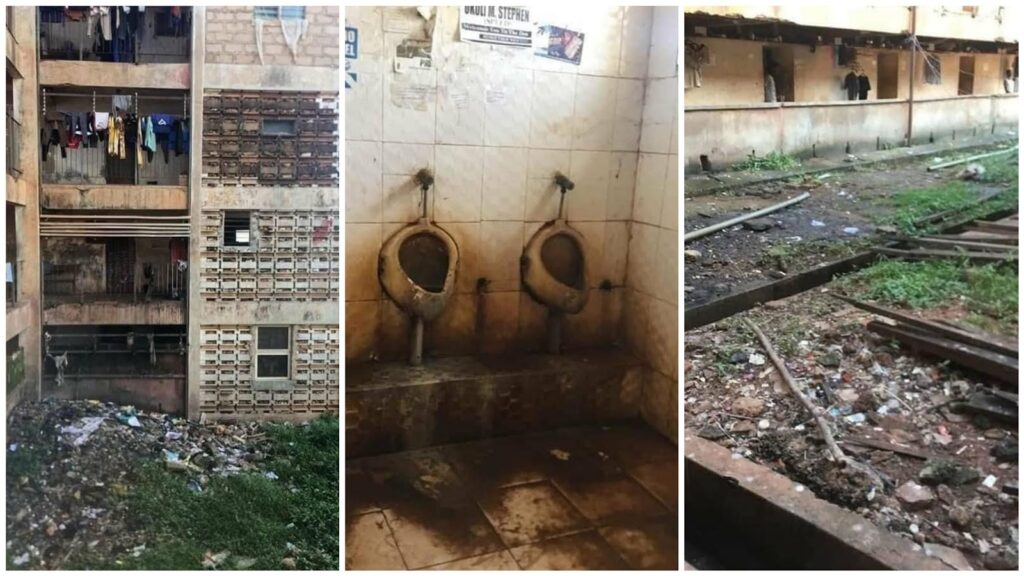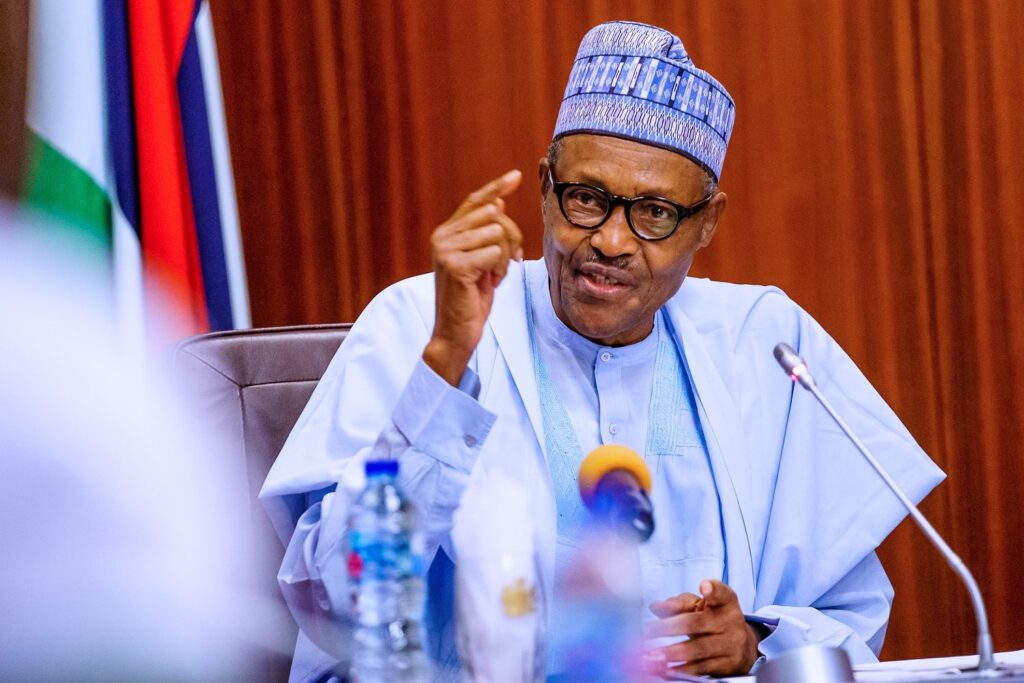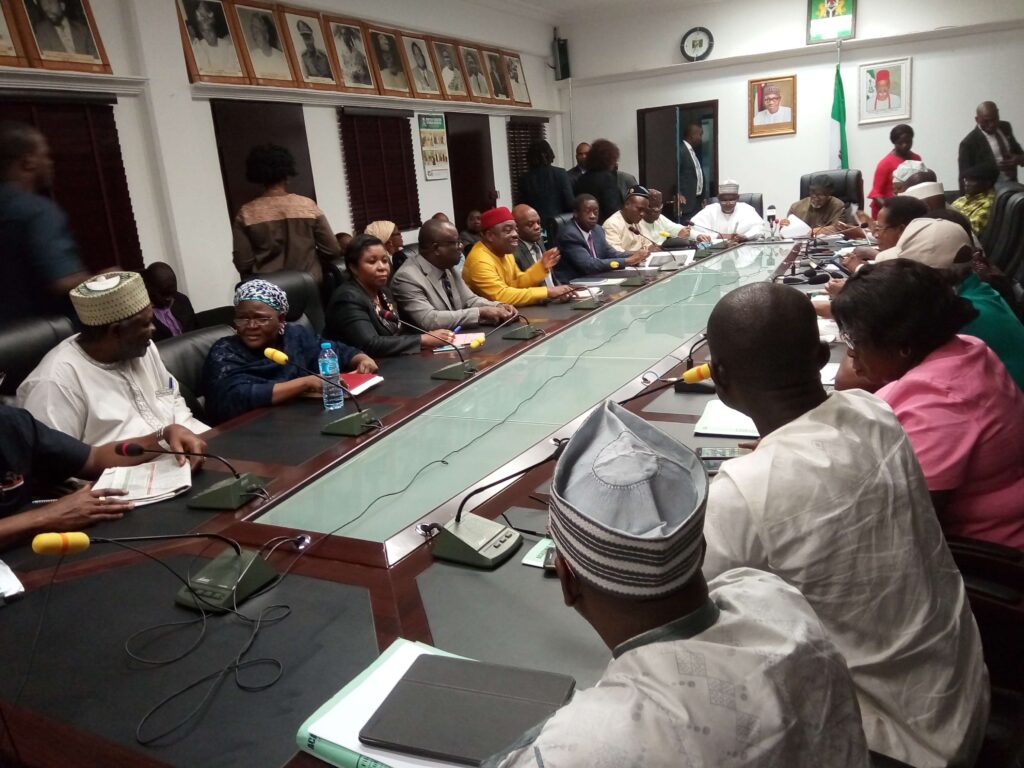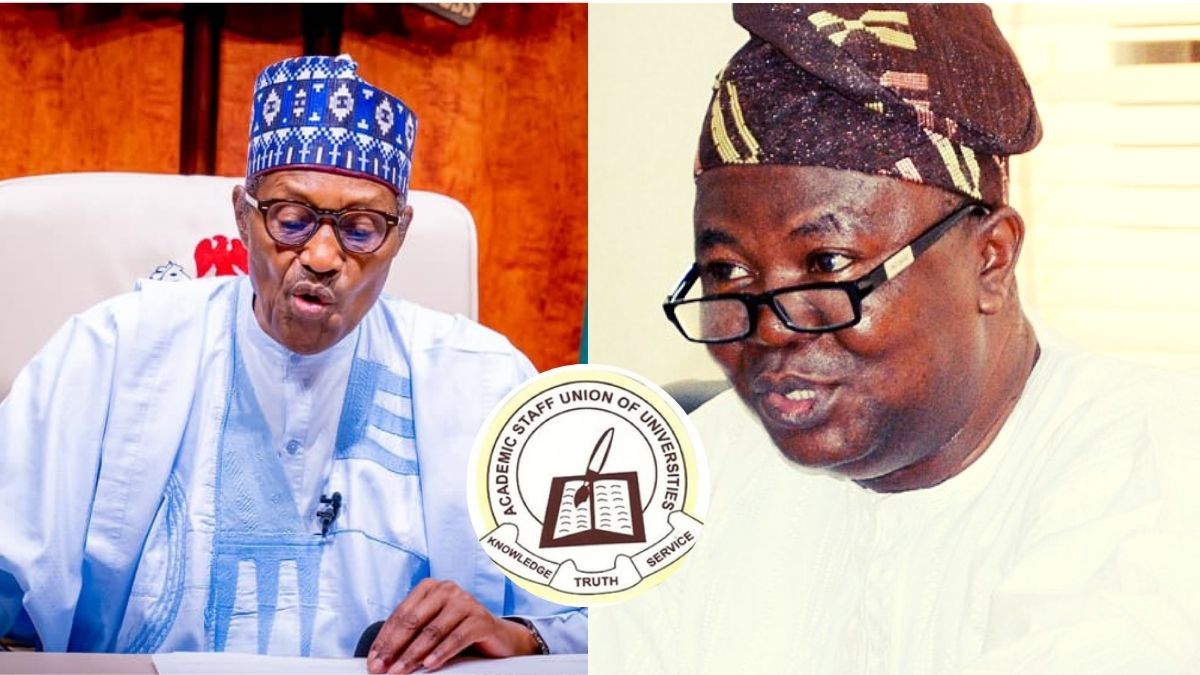On the 15th of November 2021, the Academic Staff Union of Universities (ASUU) threatened to embark on a fresh strike on the premise that the Federal Government refuses to fulfill its outstanding demands, and giving the government a 3-week ultimatum to implement the agreements it signed with the Union.
This will be the 23rd time the Union plans to embark on another round of industrial action in over 30 years. The Union has always used an interruption in academic activities as a mechanism in lobbying the government to fulfill its demands.
The Federal Government goes into agreements with the Union and recklessly fails to honor them with no reflection on the repercussions. They deliberately refused to release the revitalization funds which was agreed to be given to the Union as soon as it called off its strike action on December 2020. The funds were meant to salvage the public universities from its infrastructural deficit, and invest in more research studies.

Although the Federal Government just recently released to the Union a sum of 55 billion naira, which is the stipulated revitalization fund, the Union still forces the government to fulfill other demands of which include the agreements reached by both parties in 2009, 2013, 2017, 2019 and 2020 respectively.
Some Nigerians hold unto the idea that the Union is only focused on achieving its aims which are not directed at taking the educational system to a world-class level, but it will be of interest to them to know that ASUU has always prodigiously taken these valorous steps in getting its demands fulfilled for the betterment of the tertiary educational system.
Some Nigerian parents and students do not seem to key into the battle the Union is fighting to save the almost rendered pauperized educational system. Some students are more interested in egressing as half-baked emanations of a once renascent and efficacious educational system, which is now in an egregious and melancholic state.
With the successive civilian administrations we have had ever since the transition to democratic rule in 1999, education doesn’t seem to be the best legacy, with the upper echelon of power deciding to leave it in a state of topsy-turvy.
The Nigerian public universities have been greatly underfunded. This has resulted in lack of physical facilities such as libraries, lecture halls and theatres, hostels, laboratories and laboratory equipments, and a poor professional development of staff, resulting in brain drain and poor academic performance of students. This shows that Education is not a top priority of the Nigerian government. If it were, ASUU wouldn’t be making demands for a better educational learning environment.
At a Global Education Summit that held in the UK on July 30, 2021, the President of the Federal Republic of Nigeria, Muhammadu Buhari gave a speech, and he stated that no one can succeed above their educational qualification, and that education is an opportunity which should not be missed and as such should not be joked with by parents.

But this statement by the President is simply the opposite of the actions of the federal government, who are hell-bent on making public university education unaffordable in the country. If you can recall, the Federal Government presented their plans to increase the school fees to 1 million, and went on to say that loans would be given to the students, which will be paid with interest. This mephistopheles plan was swiftly rejected by ASUU, because sponsorship of university education would become very hard, making it a great burden for both parents and students.
This isn’t even the first time the Federal Government is proposing for an increment in tuition fees. In 2018, the FG recommended that tuition fees be increased to 350,000 naira for undergraduate students of Arts and Humanities and 500,000 for those in Sciences. The Academic Union reportedly rejected the proposal. That same year, the Federal Government also proposed the Establishment of an education bank that would give the students a loan of 1 million naira per session. The Union similarly rejected this proposal on the grounds that the students if able to secure a job cannot start a life while paying a loan of 4-6 million. Considering the high rate of unemployment in the country, payment of the loan would have been very hard for the students and their parents who served as sureties.

Implementation of the MoUs and MoAs has been dragged for too long, and the government does not seem to fulfill any part of the agreement. Hardly has anything been fulfilled on the issues listed in the MoA. Below are some issues raised in the MoA:
- Release of 1.3 Trillion naira for the revitalization of Universities.
- Payment of all Earned Academic Allowances.
- Commencement of Visitation to all Federal Universities.
- Provision of Documented Guidelines on procedures and roles of parties in the process of renegotiating FG-ASUU agreement of 2009.
- Acceptance of the University Transparency and Accountability Solution (UTAS) as a payroll structure.
On the altercation between the Federal Government and ASUU on which payment solution should be used, the Academic Union is actually fighting for its right. The 2003 University Act grants the governing councils of public universities the power to oversee their administrative and financial matters, and the government’s interference and forceful implementation of the IPPIS policy in the University system actually goes against this act. The Academic Union demonstrated against the irregularities and anomalies the software had, and this led to the creation of the UTAS, which they believed would overcome the anomalies associated with the IPPIS and accepting the government’s request to subject it to an integrity test.

There is an adage which says, “when two elephants fight, the grass suffers”. Nigerian students have this aphorism popular among them, as they believe they are the ones suffering from the tussle between the Federal Government and the Academic Staff Union of Universities.
The uncompromising stand of ASUU so far is highly commendable. It may be hard on students who had hopes of leaving school at the expected time, but not everything that is good that comes easily and this is why ASUU has ruthlessly determined to fight for this cause of saving the highly neglected tertiary educational system.














